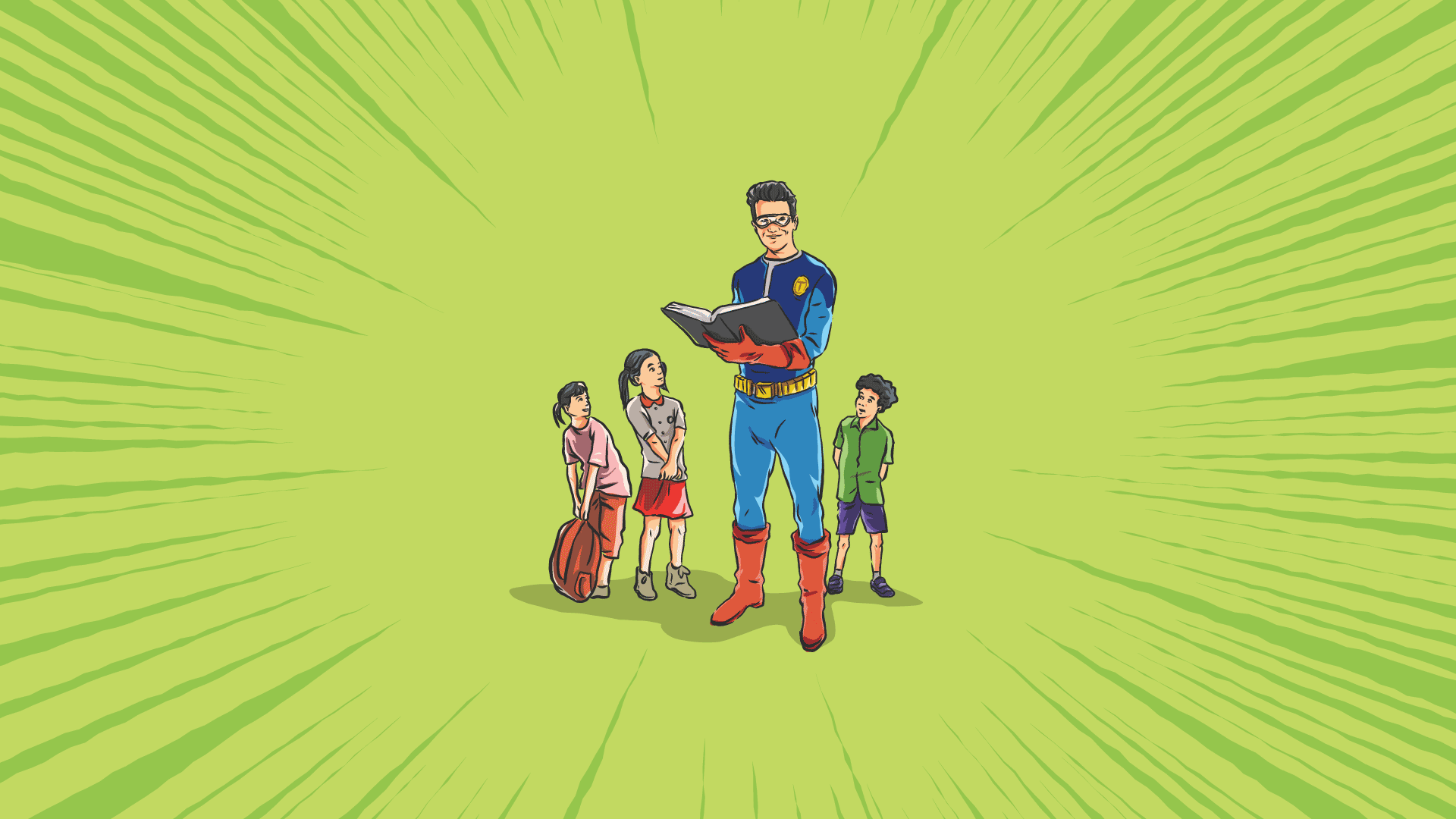- Arbitration
- Banking & Finance
- Capital Markets
- Commercial
- Competition
- Construction & Infrastructure
- Corporate / Mergers & Acquisitions
- Corporate Services
- Corporate Structuring
- Digital & Data
- Dispute Resolution
- Employment & Incentives
- Family Business & Private Wealth
- Innovation, Patents & Industrial Property (3IP)
- Insurance
Find a Lawyer
Book an appointment with us, or search the directory to find the right lawyer for you directly through the app.
Find out more
Level Up: Unlocking Financial Potential In The Middle East
Welcome to this edition of Law Update, where we focus on the ever-evolving landscape of financial services regulation across the region. As the financial markets in the region continue to grow and diversify, this issue provides timely insights into the key regulatory developments shaping banking, investment, insolvency, and emerging technologies.


2025 is set to be a game-changer for the MENA region, with legal and regulatory shifts from 2024 continuing to reshape its economic landscape. Saudi Arabia, the UAE, Egypt, Iraq, Qatar, and Bahrain are all implementing groundbreaking reforms in sustainable financing, investment laws, labor regulations, and dispute resolution. As the region positions itself for deeper global integration, businesses must adapt to a rapidly evolving legal environment.
Our Eyes on 2025 publication provides essential insights and practical guidance on the key legal updates shaping the year ahead—equipping you with the knowledge to stay ahead in this dynamic market.
The leading law firm in the Middle East & North Africa region.
A complete spectrum of legal services across jurisdictions in the Middle East & North Africa.
-
Practices
- All Practices
- Banking & Finance
- Capital Markets
- Commercial
- Competition
- Construction & Infrastructure
- Corporate / Mergers & Acquisitions
- Corporate Services
- Corporate Structuring
-
Sectors
-
Country Groups
-
Client Solutions
Today's news and tomorrow's trends from around the region.
17 offices across the Middle East & North Africa.
Our Services
 Back
Back
-
Practices
- All Practices
- Banking & Finance
- Capital Markets
- Commercial
- Competition
- Construction & Infrastructure
- Corporate / Mergers & Acquisitions
- Corporate Services
- Corporate Structuring
- Digital & Data
- Dispute Resolution
- Employment & Incentives
- Family Business & Private Wealth
- Innovation, Patents & Industrial Property (3IP)
- Insurance
- Intellectual Property
- Legislative Drafting
- Private Client Services
- Private Equity
- Private Notary
- Projects
- Real Estate
- Regulatory
- Tax
- Turnaround, Restructuring & Insolvency
- White Collar Crime & Investigations
-
Sectors
-
Country Groups
-
Client Solutions

- Law Firm
- /
- Insights
- /
- Law Update
- /
- August 2019
- /
- Safeguarding 3.0: The Executive Regulations of the Child Rights Law
Safeguarding 3.0: The Executive Regulations of the Child Rights Law
Ivor McGettigan - Partner, Head of Education - Employment and Incentives
Omar Khodeir - Senior Counsel - Litigation
 Guaranteeing the safety and wellbeing of children and young people is of paramount importance to every nation. The UAE Federal Law No. (3) of 2016 (the ‘Child Rights Law’) embodies this basic principle. Even though the Child Rights Law includes provisions that were already regulated by former existing UAE laws, it is still considered a major development in this area. On the second anniversary of its enactment, the UAE Cabinet issued the Executive Regulations (the ‘Regulations’) to provide the framework for its application and in effect, strengthen the provisions of the Child Rights Law. It asserts the importance of preventing all kinds of harm to children in educational institutions, as well as preserving their various rights.
Guaranteeing the safety and wellbeing of children and young people is of paramount importance to every nation. The UAE Federal Law No. (3) of 2016 (the ‘Child Rights Law’) embodies this basic principle. Even though the Child Rights Law includes provisions that were already regulated by former existing UAE laws, it is still considered a major development in this area. On the second anniversary of its enactment, the UAE Cabinet issued the Executive Regulations (the ‘Regulations’) to provide the framework for its application and in effect, strengthen the provisions of the Child Rights Law. It asserts the importance of preventing all kinds of harm to children in educational institutions, as well as preserving their various rights.
Most importantly, the Regulations clarify the competencies of the special Child Protection Units (the ‘CPUs’) and also stipulate the powers and necessary conditions of Child Protection Specialists (the ‘CPS’).
Child Protection Units
Pursuant to the Child Rights Law and the Regulations, the federal authorities concerned with child affairs, shall establish the special CPUs. These organisational units have exclusive authority to implement child protection mechanisms and measures.
Under Article 7, the Regulations empower the CPUs with a wide range of authority, including but not limited to:
- receiving, evaluating and documenting reports on any violations of a child’s rights;
- taking preventative measures to protect the child from actual or possible abuse in co-ordination with the competent bodies;
- providing counselling and support to families and those children exposed to exploitation, violence or any other form of abuse;
- providing counselling and guidance to the custodians of the child on socialisation and identifying surrounding risks and the ways to avoid them;
- following up on the families and children during the course of their improvement plan, assessing their condition and progress as well as making the necessary recommendations in this regard; and
- assisting investigations into alleged crimes against children.
The Regulations provide further guidance with regards to violations committed in educational institutions. These institutions naturally fall under the remit of the Ministry of Education (the ‘MOE’), therefore, their personnel are required to work closely with and report to the MOE’s Child Protection Unit.
In the event of a child being abused in an educational institution, Article (6) provides a procedure whereby the CPU is empowered to:
- inform the police in cases that constitute a crime punishable by an applicable statute;
- hospitalise the child for treatment;
- refer the abused child to rehabilitation programmes at competent facilities if necessary; and
- set out an improvement plan to remove the causes and effects of the violation of the child’s rights, in co-ordination with the child’s custodian or guardian.
Child Protection Specialists
The Child Rights Law states that any private or public entity that has a remit involving children shall appoint a CPS. This official role is equipped with sweeping power as they are assigned to preserve and protect a child’s rights and welfare. Any individuals wishing to apply are required to meet certain criteria to qualify for the position.
The Regulations provide an expanded list of requirements that must be met before a person can hold this position. Article 9 states that a CPS shall:
- be a citizen of the state;
- have full legal capacity;
- be of good conduct and have never been convicted of an offence involving moral turpitude or breach of trust, even if rehabilitated;
- be a holder of an university degree in social or psychological sciences or in the field of family and childhood, or have a diploma in the said competences with at least three years of experience in the field of child protection; and
- successfully pass the CPS training programmes approved by the Ministry of Community Development.
Furthermore, the CPS working for the Ministry of Interior is specifically required to be a holder of a university degree in law or police sciences or a diploma with at least three years of experience in the field of child protection.
A CPS is also responsible for: (i) taking preventative measures to minimise the risk of child abuse; and (ii) take the necessary protective measures if there is an actual threat to the child’s safety or physical, psychological, moral or mental health.
Preventative Measures
According to the Regulations, and subject to the approval of the superior body concerned, the CPS will instruct and enlighten children about the risks they may face when visiting some places or carrying out certain activities. They will also teach children how to face challenges they may encounter. In addition, a CPS, through workshops and courses, must be capable of educating and equipping children and their families with the skills necessary for tackling potential welfare problems.
Protective Measures
If there is an actual and present threat to a child, the CPS is empowered to:
- remove the child from the dangerous place and relocate them to an area which ensures their safety;
- enrol the custodian in training programmes to ensure good treatment and the appropriate development of the child;
- conduct comprehensive research clarifying the conditions and circumstances surrounding the child who is reported or believed to be abused;
- file reports with the CPU and employers to address the Public Prosecution Office and send warning letters to custodians who are failing to abide by the recommendations provided;
- identify the appropriate foster family for the child and ensure his/her rights will be safeguarded within such a family; and
- prevent the child from engaging in acts that would cause him/her harm and deny his/her access to places that threaten his/her physical, psychological and moral wellbeing.
The Executive Regulations which clarify the roles of CPUs and CPS, are welcomed as they highlight the continuous efforts in the UAE to safeguard the interests and welfare of children.
Al Tamimi & Company’s Children of Tomorrow Project team regularly advises on matters relating to children’s welfare. For further information please contact Ivor McGettigan (i.mcgettigan@tamimi.com), Alex Ghazi (alex.ghazi@tamimi.com), Omar Khodeir (o.khodeir@tamimi.com) or Maitha Al Hashimi (m.alhashimi@tamimi.com).
Stay updated
To learn more about our services and get the latest legal insights from across the Middle East and North Africa region, click on the link below.


